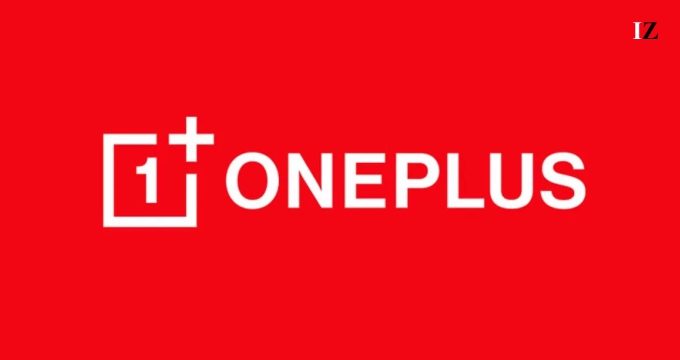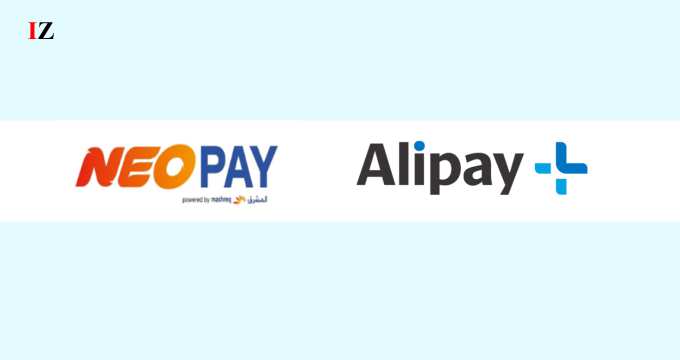Facebook’s company renaming as Meta is less a rebranding than the creation of a new holding company called Meta to house a collection of important, possibly misunderstood, and sometimes misbehaving brands.
Meta is something new. A big brand with its eyes not on being extra-meta but on being the new North Star for the Metaverse, an Oasis-style omni-digital platform that will ultimately encompass all of Meta’s products and services.
The name change was announced at the Facebook Connect augmented and virtual reality conference. The new name reflects the company’s growing ambitions beyond social media. Facebook, now known as Meta, has adopted the new moniker, based on the sci-fi term metaverse, to describe its vision for working and playing in a virtual world.
“Today we are seen as a social media company, but in our DNA we are a company that builds technology to connect people, and the metaverse is the next frontier just like social networking was when we got started,” Meta CEO Mark Zuckerberg said.
In July, the company announced the formation of a team that would work on the metaverse. Two months later, the company said it would elevate Andrew “Boz” Bosworth, who is currently the head of the company’s hardware division, to the role of chief technology officer in 2022. And in its third-quarter earnings results on Monday, the company announced that it will break out Reality Labs, its hardware division, into its own reporting segment, starting in the fourth quarter.
“Our hope is that within the next decade, the metaverse will reach a billion people, host hundreds of billions of dollars of digital commerce, and support jobs for millions of creators and developers,” Zuckerberg wrote in a letter on Thursday.
Over the past few years, the company has ramped up its efforts in hardware, introducing a line of Portal video-calling devices, launching the Ray-Ban Stories glasses and rolling out various versions of the Oculus virtual-reality headsets. The company has indicated that augmented and virtual reality will be a key part of its strategy in the coming years.
The demo was a Pixar-like animation of software the company hopes to build some day. The demo included users hanging out in space as cartoon-like versions of themselves or fantastical characters, like a robot, that represent their virtual selves. Zuckerberg used part of it to accuse other tech firms of stifling innovation with high developer fees.
Zuckerberg said a lot of this is a long way off, with elements of the metaverse potentially becoming mainstream in five to 10 years. The company expects “to invest many billions of dollars for years to come before the metaverse reaches scale,” Zuckerberg added.
“We believe the metaverse will be the successor to the mobile internet,” Zuckerberg said.
The platform would allow users to customize their avatars and digital spaces, decorating a digital office with pictures, videos and even books. The presentation imagined users inviting friends over virtually, two people attending a concert together despite being across the world from one another, and colleagues making work presentations remotely.
Zuckerberg said that if he waited for a good time to announce all this, he might never find one. That’s probably true, but there might have been a better time than this exact moment where these potentially innovative, exciting, and inspiring ideas might’ve been more warmly received.




